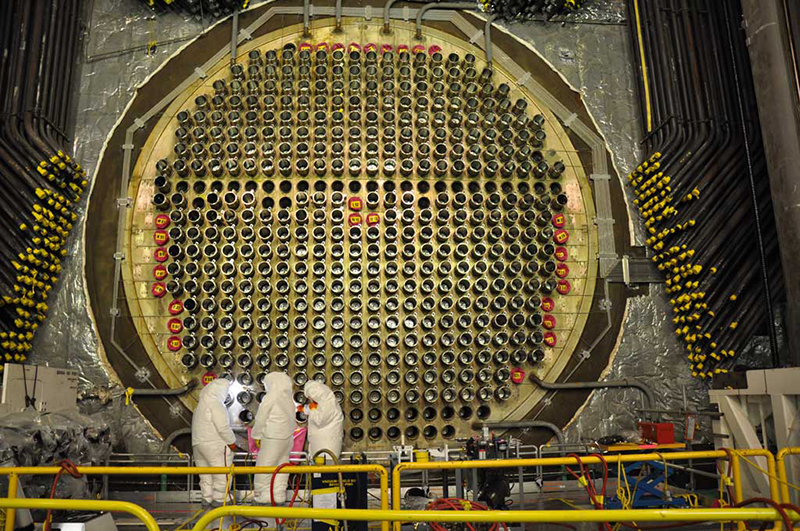How do we quickly and succinctly explain why wind and solar are not cheap?

Among the many misconceptions circulating, the notion that “cheap” wind and solar energy will reduce electricity bills, is particularly dangerous. People are highly sensitive to cost issues, and if anything threatens to derail our new nuclear program, it will be the perception of rising electricity bills.
Unlike many of the anti-nuclear fallacies, this one can be hard to debunk. The price paid for wind and solar is lower than that of nuclear.
Anyone involved in power generation knows that the price paid for power is only a part of the story. Over time, with a patient audience, it is possible to explain how buying power cheaply doesn’t necessarily result in lower electricity prices and can, in fact, raise them.
Evidence for this can be provided by pointing to countries like Germany.
It’s also possible to raise the issue of the potential for blackouts or brownouts and back those comments with evidence such as the situation Alberta found itself in last winter.
But it still appears intuitively obvious and “common sense” that if you pay a lower price for something it should end up costing less and many people think no further than that. Unless we can explain why it doesn’t, people will keep defaulting to this idea.
And that is where I have been stuck for months. I can’t find a way to explain this in a succinct, accurate, and compelling way.
Definitive statements are hard because grids are complex, and the issues nuanced. Wind and solar, bought cheaply, can, in some circumstances, be used to lower cost. In the right quantities on the right grids blackouts are not inevitable. Some intermittency can be managed with storage.
So, whenever I try to explain it, I end up with a lengthy description of how a grid works and begin to bore myself so I know no one else will be listening.
Normally when faced with this challenge I use analogies. I’ve successfully conveyed the value of reliable power by comparing it to a dependable roadside assistance service. However, I can’t find an analogy to demonstrate why lower prices can lead to higher costs. Can you?
The Canadian Nuclear Society
Popular Core Business Articles
- The important differences between Hazard, Danger, Risk and Fear when considering a Deep Geologic Repository for used nuclear fuel.
- Deep Geologic Repositories (DGRs)? Distressed purchase or Jewel in the Nuclear Crown
- An article by the Breakthrough Institute
- How do we quickly and succinctly explain why wind and solar are not cheap?
- The Titanic Fallacy

Leave a Reply
You must be logged in to post a comment.